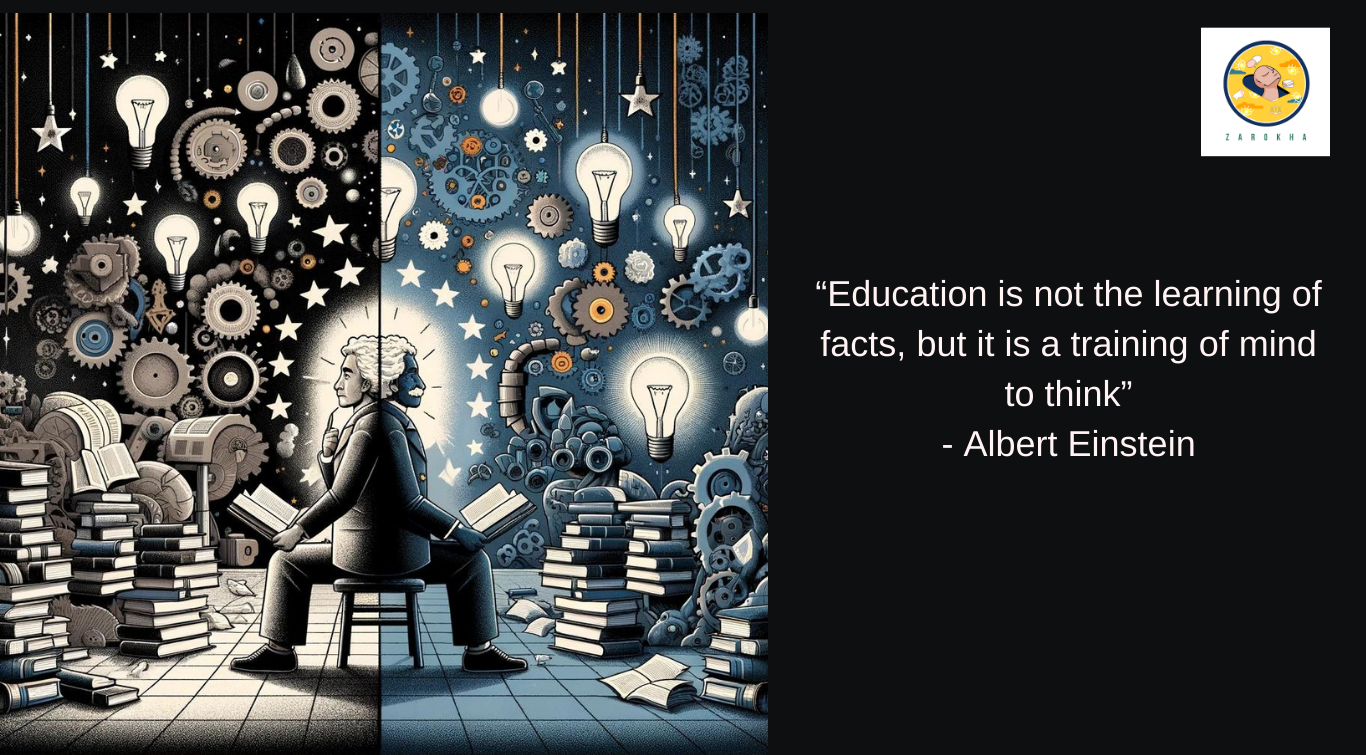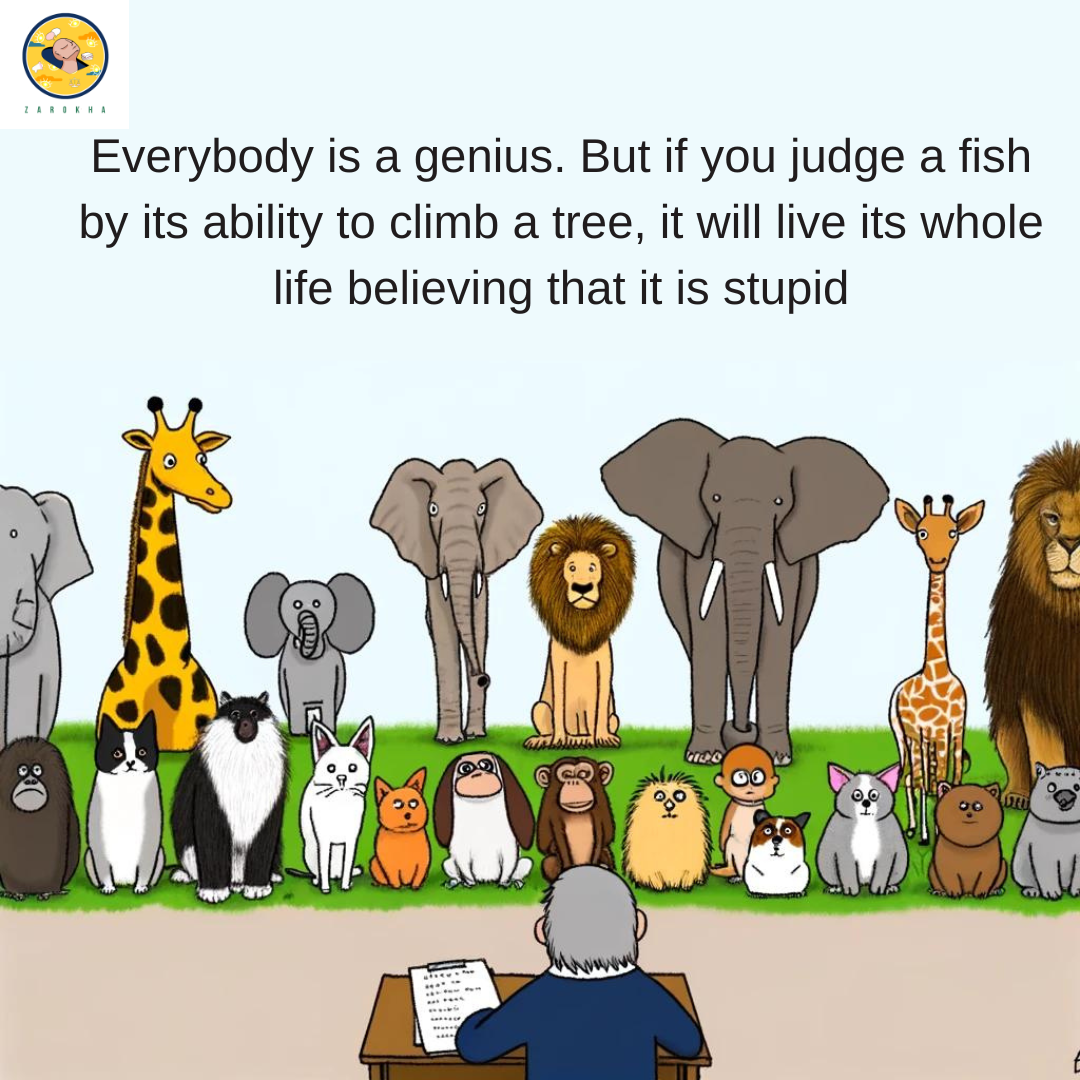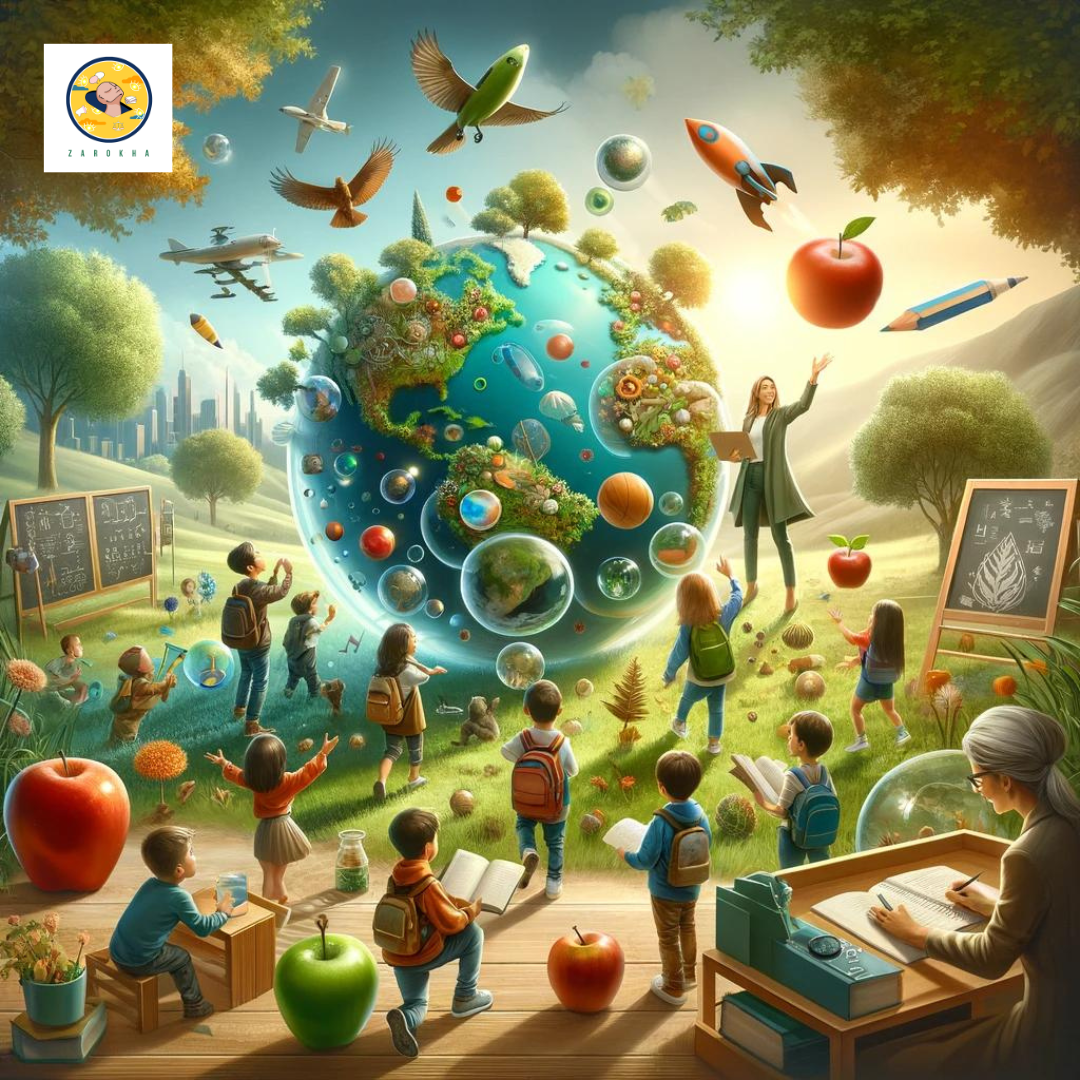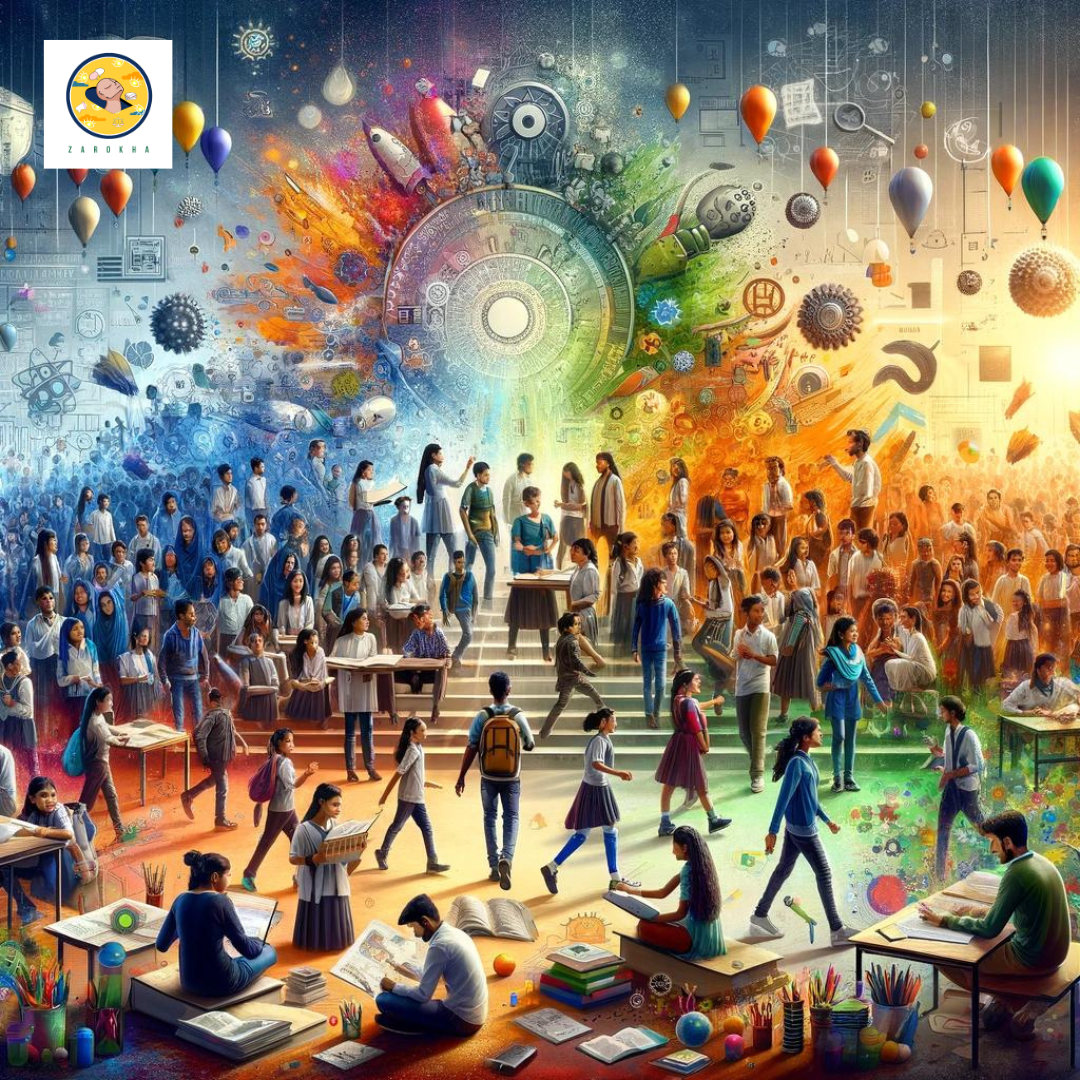
Education can be described as the foundation of human life, the cornerstone of cultured civic existence, and the pursuit of innovation. Indian culture is among the oldest in the history of the world. Any culture encompasses various aspects such as art, literature, politics, and at its core, education. According to records, the oldest university in the world is the University of Bologna, Italy, established in 1088. Delving into Indian history, ‘Takshashila’ is recognized as a university. It was founded around 700 BCE, while records of Nalanda University date back to the 5th century CE. Notably, the operations and educational systems of Nalanda University are documented not only in Hindu scriptures but also in the writings of the Chinese scholar Hieun Tsang, who provided a detailed account of the university in his travelogue. Considering the current state of education and educational institutions, it seems necessary to look back in time.

In India, education is a shared responsibility of the state and central government. Despite having the highest number of educational institutions, India does not rank within the top 200 globally. Furthermore, the number of educated unemployed is on the rise. Issues such as poverty, unemployment, innovation stagnation, and brain drain suggest that the prevalent educational system might be at the root of these problems. However, it raises the question: Is it just the educational system that is at fault, or are we equally responsible for maintaining it as is? And what are the alternatives? India has the highest number of educational institutions, and their numbers are increasing daily, yet with the rise of these institutions, there is also an increase in unemployed youth incapable of innovation. After obtaining any degree, the opportunities available are limited.

When considering this issue, I divided it into two parts: flaws in the education system and our or society’s mentality.
- Flaws in the Education System:
- Lack of Creativity: Emphasis on rote learning and standardized thinking, along with a disregard for creativity and innovation.
- Education Detached from Practicality: Often, job opportunities require skills not covered in the academic curriculum, leading to the need for additional training despite holding a degree.
- Disengaged Learning: From an early age, innovation and quality-based systems are secondary, focusing mainly on scores which do not consider individual interests, pace, capacity, or future opportunities and innovations. All students are measured with the same scale, neglecting mental and physical development. While advertisements for ideal schools often mention comprehensive development, in reality, mental and physical growth seem to be secondary, perceived more as incidental benefits rather than integral aspects of daily learning.
- Lack of Self-Study: With readily available shortcuts like guides and notes, there’s little encouragement for genuine study habits from teachers and parents.
- Commercialization of Education: The proliferation of private tuition, coaching classes, and private tutors in the education market commercializes learning and commodifies students’ futures.
- Pressure on Students: Students are pressured to excel in subjects they may not have aptitude for, without recognizing their actual talents or interests.
- Absence of Reading Culture: The overwhelming curriculum and subject load from a young age leave little room for extracurricular reading, critical for developing a love for reading.
- Equating Homework with Study: There’s a growing perception that homework is the only form of study, often completed with the help of the internet and parents.
- Schools: For Parents or Children? Parents often bear the responsibility for completing various school projects, with little consideration of what students learn from these activities. For example, creating clay models is often done by adults at home rather than the students themselves.
- Decision Making Post-10th Grade: Career choices are largely influenced by parents or based on marks obtained, sometimes under the belief that following in the parents’ professional footsteps or improving the family’s financial situation is the only way forward.
- Overscheduling: In the name of holistic development, children are sent to numerous classes throughout the week, where the opportunity to learn from life, environment, and people around them is often overlooked. This disconnects them from real-world interactions and mental and physical development, leading to additional expenses in attempts to address these shortcomings later on.
- Family Time and Play: Equally important as educational camps and workshops is spending quality time with family, engaging in conversations at home, and playing with friends, which enriches children’s experiences far beyond academic achievements. Life isn’t just about school, classes, and obtaining good marks but about discovering the joy of living.
- Misunderstandings and Social Issues in Scientific Fields: There are misconceptions or prevailing attitudes towards scientific fields, combined with parents using their child’s education in these areas as a status symbol, which represents another societal issue.

Reflecting on the reasons for pursuing education and career opportunities abroad, several points become apparent:
- Emphasis on Understanding over Completion Time: The focus is more on understanding the course material rather than just completing it within a set timeframe. This approach grants more freedom for creativity, which is significantly higher than in our system.
- Global Value of Education: The education received abroad is highly valued worldwide, enhancing career prospects on a global scale.
- Practical Application of Education: The education system abroad is designed to be applicable in real-world scenarios, making the learning more relevant and useful.
- Opportunities for Innovation: The education system encourages practical applications of knowledge, creating new opportunities for innovation in everyday life.
- Importance and Encouragement of Research: There is a strong emphasis on research, with significant support and resources available for those interested in pursuing it.

To bring about change in today’s scenario, as per Mahatma Phule’s philosophy, there’s a need for education based on reasoning. An education system that fosters innovation rather than just producing robotic individuals aiming for a job for the sake of money is essential.
Understanding children and focusing on their strengths to help them grow is crucial. Every individual is unique, with different social, cultural, and economic backgrounds and experiences, leading to diverse outputs. Education should take into account all these aspects, preserving individuality even within a collective environment.

